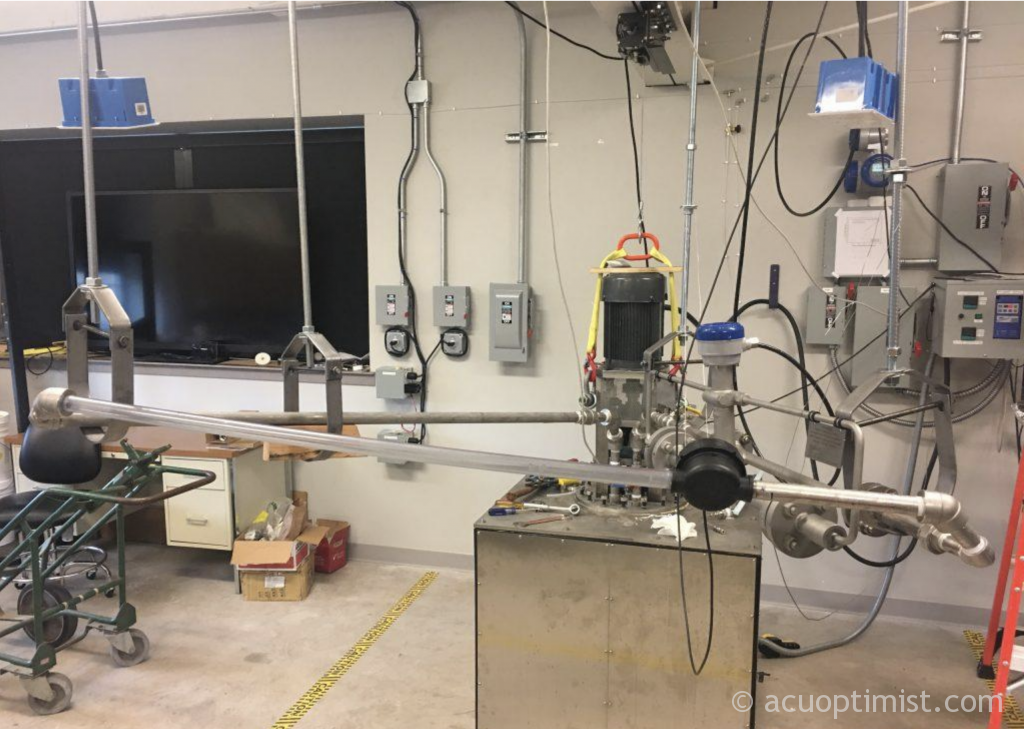Keaton Brewster, junior physics and math major from Malibu, Calif., and Reuben Howe, sophomore engineering major from Lockhart, received scholarships from the Office of Nuclear Energy University Program (NEUP), funded by the U.S. Department of Energy (DOE), for their undergraduate research on nuclear energy.
The DOE provides more than $5 million in awards through the NEUP with 42 scholarships and 34 fellowships for students in 32 different U.S. colleges and universities. The NEUP gives each chosen undergraduate student researcher $7,500 in scholarship.
Brewster said he applied and fit the criteria because of his work at the Nuclear Energy eXperimental Testing Lab (NEXT) at ACU, where they are working to further molten salt reactor technologies. Since ACU is an Integrated University Partnership (IUP) accepted university because of the NEXT Lab, Howe said he applied and received the IUP Scholarship.
“I am paying my own way through college, so this award enables me to pay for my college and continue to focus on my education and the research work I’ve been doing with NEXT,” Howe said.
Both Brewster and Howe presented their work during ACU’s virtual Undergraduate Research Festival.
“The research I presented at the Undergraduate Research Festival is something that is ongoing, and something that I have been working on since I was a freshman here at ACU in 2017,” Brewster said.
Brewster has been working at the NEXT Lab for three years and Howe has been working with the lab for about a year.
“The most rewarding part of NEXT is the ability to see a project all the way through,” Brewster said. “I am able to work on initial design, computer modeling of parts, building and manufacturing parts in Bennet, and then testing and doing analysis of the results. In some research projects, you may only get a chance to do one aspect of a project, but NEXT is really immersive.”
Brewster said the award is helping him to pay for educational expenses at ACU.
“[The scholarship] is designed to help with educational expenses to promote cleaner energy in the future,” Brewster said.


